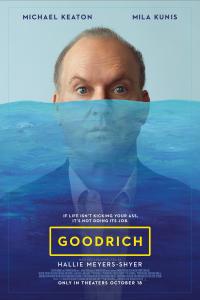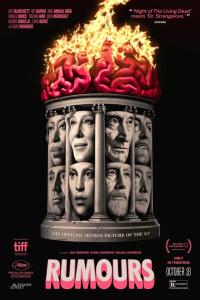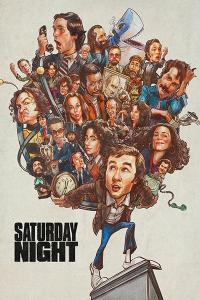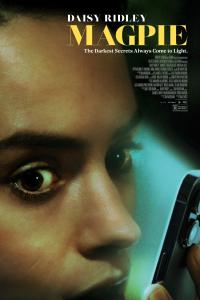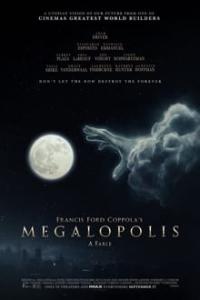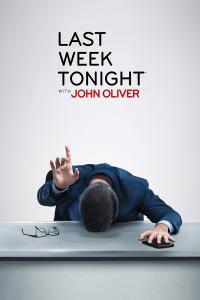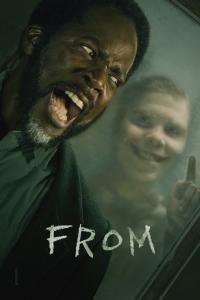Torrent details for "Mythologies by Roland Barthes EPUB" Log in to bookmark
Controls:
Language:
 English
EnglishTotal Size:
211.97 kB
Info Hash:
6909146c112f59932671403fe2c539b7f7ccffb2
Added By:
Added:
15-02-2024 15:04
Views:
280
Health:

Seeds:
11
Leechers:
1
Completed:
1,049
xx
Mythologies by Roland Barthes EPUB
'Barthes' purpose is to tear away masks and demystify the signs, signals and symbols of the language of mass culture' The Times
In this magnificent and often surprising collection of essays Barthes explores the myths of mass culture. Taking subjects as diverse as wrestling, films, plastic and cars, Barthes elegantly deciphers the symbols and signs embedded deep in familiar aspects of modern life, unmasking the hidden ideologies and meanings which implicitly affect our thought and behaviour. This early classic of semiotics from one of France's greatest thinkers may irrevocably change the way you view the world around you.
Review
Barthes is an intellectual star, one of the very small group of maîtres à penser, such as Sartre, Levi-Strauss and Foucault... I readily proclaim that Mythologies is a kind of masterpiece, a fascinating book, the meaning of which sticks in the mind and can lend itself to all sorts of applications ― Observer
Essays on the codings that command our daily life (from hair-styles in the film of Julius Caesar through glossy photos of gourmet cooking, to the cult of foam in detergents )...Mythologies has penetrating gusto -- Christopher Ricks ― Sunday Times
Semiology is the study of the signs and signals, the symbols, gestures and messages through which western society sustains, sells, identifies and yet obscures itself by painting or powdering over its raddled, whore-like visage... Barthes' purpose is to tear away masks and demystify the signs, signals and symbols of the language of mass culture -- Dennis Potter ― The Times
All about the most ordinary things. He knew how to connect Racine and beach holidays, Freud and the anticipation of a lover's phone call. Like so many modern artists, he saw the deeper themes running through supposedly banal things. -- Alain de Botton ― Daily Express
About the Author
Roland Barthes was born in 1915 and studied French literature and classics at the University of Paris. After teaching French at universities in Romania and Egypt, he joined the Centre National de Recherche Scientifique, where he devoted himself to research in sociology and lexicology. He was a professor at the College de France until his death in 1980.
xx
Mythologies by Roland Barthes EPUB
'Barthes' purpose is to tear away masks and demystify the signs, signals and symbols of the language of mass culture' The Times
In this magnificent and often surprising collection of essays Barthes explores the myths of mass culture. Taking subjects as diverse as wrestling, films, plastic and cars, Barthes elegantly deciphers the symbols and signs embedded deep in familiar aspects of modern life, unmasking the hidden ideologies and meanings which implicitly affect our thought and behaviour. This early classic of semiotics from one of France's greatest thinkers may irrevocably change the way you view the world around you.
Review
Barthes is an intellectual star, one of the very small group of maîtres à penser, such as Sartre, Levi-Strauss and Foucault... I readily proclaim that Mythologies is a kind of masterpiece, a fascinating book, the meaning of which sticks in the mind and can lend itself to all sorts of applications ― Observer
Essays on the codings that command our daily life (from hair-styles in the film of Julius Caesar through glossy photos of gourmet cooking, to the cult of foam in detergents )...Mythologies has penetrating gusto -- Christopher Ricks ― Sunday Times
Semiology is the study of the signs and signals, the symbols, gestures and messages through which western society sustains, sells, identifies and yet obscures itself by painting or powdering over its raddled, whore-like visage... Barthes' purpose is to tear away masks and demystify the signs, signals and symbols of the language of mass culture -- Dennis Potter ― The Times
All about the most ordinary things. He knew how to connect Racine and beach holidays, Freud and the anticipation of a lover's phone call. Like so many modern artists, he saw the deeper themes running through supposedly banal things. -- Alain de Botton ― Daily Express
About the Author
Roland Barthes was born in 1915 and studied French literature and classics at the University of Paris. After teaching French at universities in Romania and Egypt, he joined the Centre National de Recherche Scientifique, where he devoted himself to research in sociology and lexicology. He was a professor at the College de France until his death in 1980.
xx











